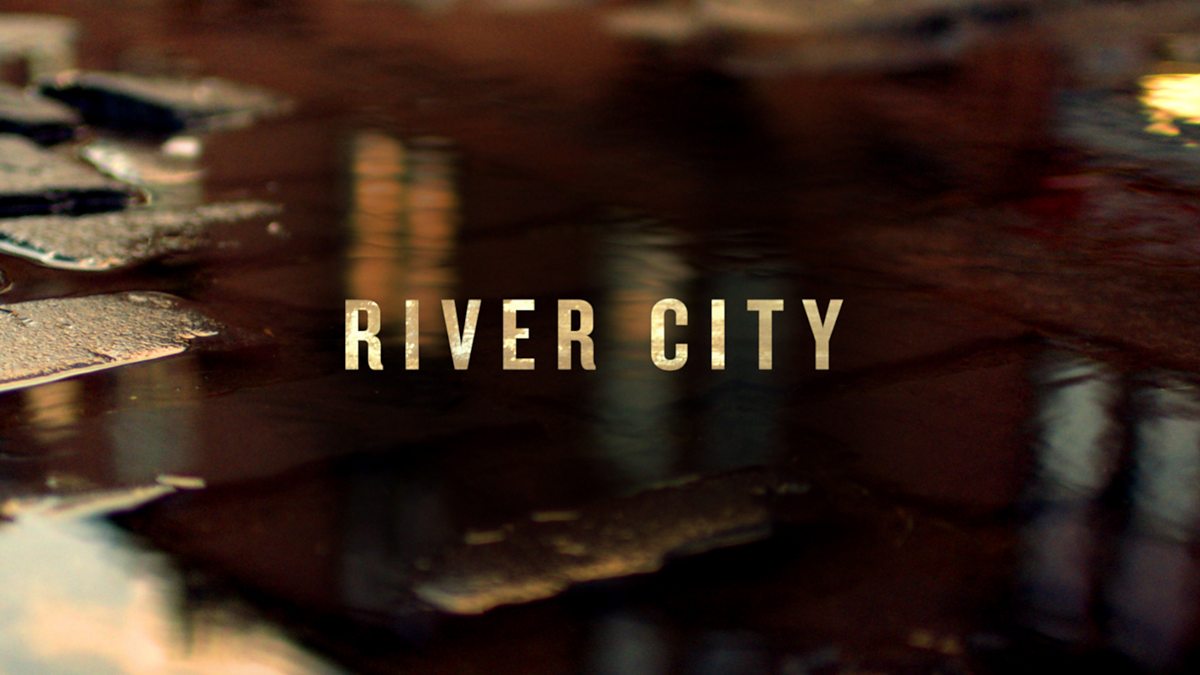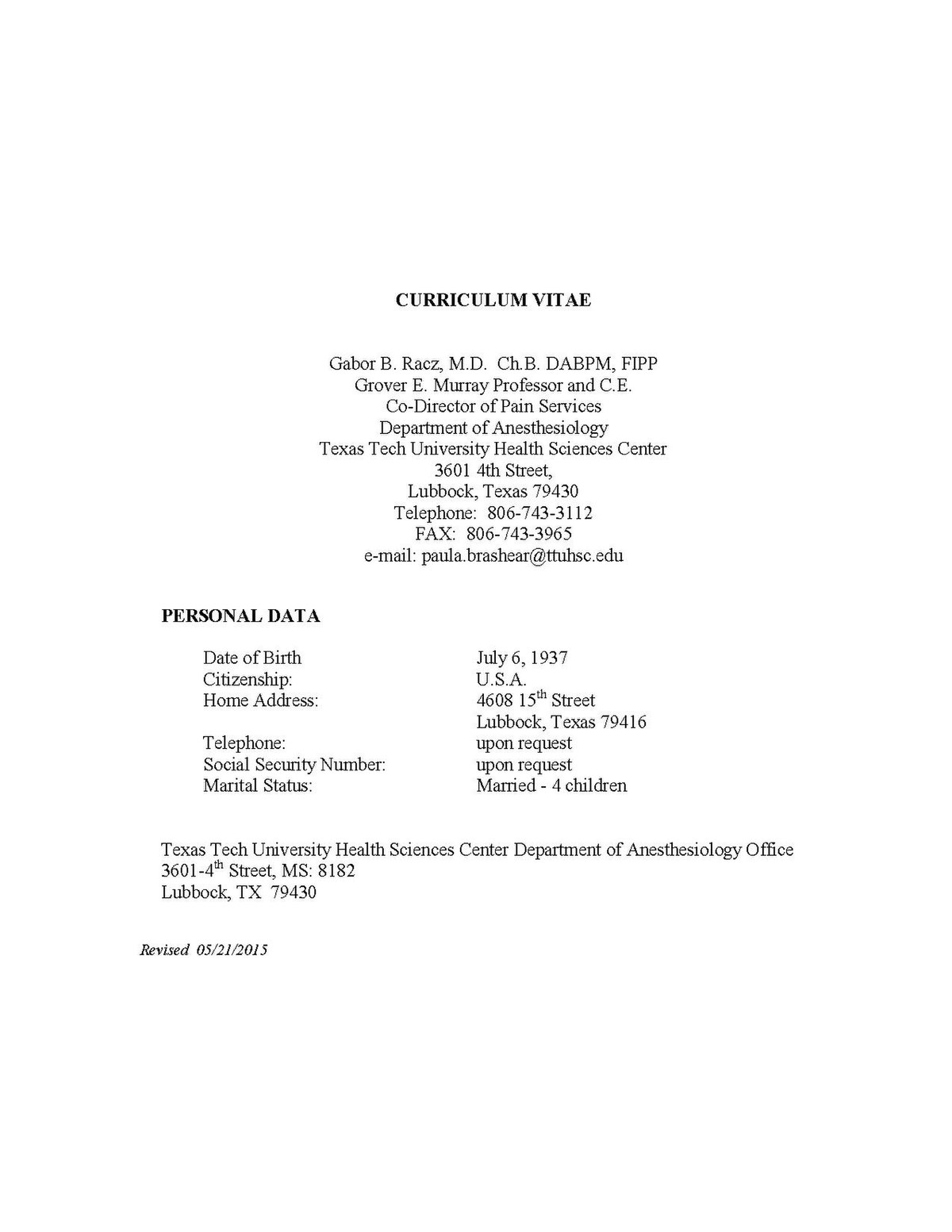Another year, another time to reflect on the highs and lows of my screenwriting efforts. Some big pushes, some amazing experiences, and some terrible reversals. I was also able to finally travel again after nearly three years of being stuck in London, so huzzah!
I had dubbed 2021 as being 'one step forward and two steps back'. Is that also an apt summary of 2022, per what I just wrote? Well, that'll take a bit longer to explain. No more preamble, let's just go!
Jan-Mar (Winter):
In past entries, I've written that this is the 'quiet' period of the year for me. Not so this time - a few days in, an email lands in my inbox and BAM, won ITV Original Voices and got to be one of the four placements on Emmerdale. It would be an even split - part done at home, part hauling myself up to Leeds and getting to work in ITV Studios. I got the second slot, meaning my tour of duty would start in March.
Don't think that meant I was slacking off though: I was grinding away a pitch for my episode of Doctors. I had sent a script off to a lovely producer on River City. I also got hired to consult on a children's book about disabilities, being published by none other than Penguin Random House (thank you Laura Henry-Allain). A picture book for little kids and their families, it offered a simple and colourful introduction and guide to disabilities, what they entail and how to make a better world for them. It aimed to be supportive, thoughtful and celebratory - no tragedy or sadness, here!
I wished for so long to have things pep up at the start of a year - well, I got it!
Apr-Jun (Spring):
Busy busy busy! Emmerdale was a rollercoaster, going from storylining to script editing to finally a trial script. Always on my toes and always new challenges, surrounded by a fantastically helpful team. Those were some lively rooms, with no shortage of jokes (and sweet treats to boost morale!) and I even got to visit the interior sets - the Woolpack, the various houses, the prop room, all very cool.
And if you think that was all on my plate, oh ho ho no! I was doing a long overdue rewrite on the pilot script for Brenda and Effie, aiming to extract more from the wonderfully wacky world of Paul Magrs' unique imagination. River City got back to me in remarkable time, we got chatting and I was eventually able to set up for my own episode (bypassing the shadow scheme used by other soaps). It was frantic and tiring, but you know what? It was also exhilarating. Years of strife and struggle, doubt and fears over my own ability, and here was not one but two major UK dramas validating my ability.
It wasn't all sunshine, however: on top of a string of annoying stomach bugs, I also found Doctors sputtering a bit - there was a change in script editors, which left my pitch needing to undergo more rewrites. To be clear, the new person (or interim, rather) was very nice and helpful, but it was now approaching half a year since I'd been given the go-ahead to do an episode, and still it wasn't moving as I'd have liked it to. In addition, due to the new workload, all work on original specs had to stop, meaning I was now two years without a new spec available for my agent. Still, better money coming in than not.
Jul-Sept (Summer):
And here comes the not-fun part of this trip down memory lane. I wrapped Brenda & Effie and then dove into River City. Got my first payment for the script, which I proudly showed my folks - I HAD MADE IT! What was meant to be the culmination of my journey thus far, the next step into television drama, however, turned into a crushing defeat. So enraptured in my own desire for success was I, I wasn't taking my notice of my own wellbeing. After three years of no real break or holiday (if I wasn't writing, I was planning or doing some other work), my mind was out of it. I hadn't seen my brother or my nephew in even longer, missing out on seeing him grow up. I wasn't spotting things in my work, and that's when mistakes started happening. Big mistakes.

I wasn't happy - every rewrite just didn't sit right with me. Something was missing, something wasn't clicking. I hadn't got the voice of the show right, even if I was writing passable drama with proper structure. With feedback and deadlines tight, an ability to recalibrate was also not on the cards. I was up at dawn, pounding out words without the passion or fun that should come with the craft. It was monotonous, draining and my desperation to finally conquer a personal milestone was likely all that was keeping me chugging. Until I got the phone call that is.
It hurt. The River City staff were kind and graceful, don't misunderstand, but I was kicking myself. I hadn't seen the problems, and now, it was too late. I made a decision: I had to get out. Get out of London, get out of the UK, just get away from writing for a while. Recharge. Re-evaluate. Clear my head and see what changes needed to be done. So, I joined my family over in Spain for their holiday, met up with my brother (but not my nephew, alas) and took the clean country air. No internet, just food and folks. It was exactly what I had been needing for a long time.
Oct-Dec (Winter again):
Coming back to the UK (and boy howdy, had things happened in my absence!), I knew what I needed to do: Get my passion back and write original specs. How? By completely upending my writing methodology and routine, taking help from The Organized Writer by Anthony Johnston. A complete rethink of how I scheduled my day and how much work I took on: if I was to make things right and put myself back on track, I needed to work smarter, not harder. Split the day up by projects into short, manageable chunks.
Result: most output I've done in a long time, with stress down and some comprehensive treatments finally written. They currently comprise a cosy crime, a thriller and a teen drama, with some other stuff kicking around. After such a long gap, it feels incredible.
And that's not all either: been talking to some shows, so see what comes of that; done some more consultation work on the disability book as well as on a children's project. Doctors is still an unknown, though conversations have been happening.
'One step forward and two steps back': to answer myself, is it an accurate summary of 2022? I mean, did I really go backwards at all? I am still grateful for the successes I did have, even with my loss. I got right into the beating hearts of major shows and learnt a lot, even revising and changing some of my own methods along the way. I didn't hit my big target, but I hit smaller ones along the way.
Most important, and this is another point I raised in the last recap: I implemented long overdue changes to how I work. It's a shame it took what it took, but I'm glad for it. We can get so buried in our work and dreams that we forget to take a step back and realize that something isn't working anymore. We need to be able to tap the brakes and rejig: even a few days away can do wonders to clean the cobwebs.
What do I want out of 2023? Well aside from the usual of gigs and pay, being able to get the new specs, however they turn out, out into the industry. Variety is not just the spice of life, but also of an artistic career, and I want to get into more exciting and thrilling genres of TV. I know I have more to offer and i want to showcase that. Film? One day perhaps...














